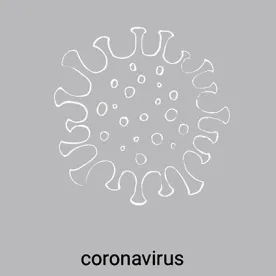On December 17, 2021, the Sixth Circuit Court of Appeals entered an Order lifting the stay imposed by the Fifth Circuit of OSHA’s Emergency Temporary Standard (“ETS”), which requires employers with 100 or more employees to implement a COVID-19 mandatory vaccination or testing policy. (See Vedder Price bulletins on the ETS and the Fifth Circuit’s subsequent stay of the ETS.) In doing so, the Sixth Circuit rejected arguments that OSHA had exceeded its statutory authority in promulgating the ETS, writing that “[t]he ETS is not a novel expansion of OSHA’s power” but rather “an existing application of authority to a novel and dangerous worldwide pandemic.”
Shortly after entry of the Sixth Circuit’s Order, OSHA issued a statement confirming that it will not enforce any of the ETS provisions before January 10, 2022, and that it will not enforce the ETS testing requirements before February 9, 2022, “so long as an employer is exercising reasonable, good faith efforts to come into compliance with the standard.” Around the same time, an Emergency Application for Immediate Stay of Agency Action Pending Disposition of Petition for Review was filed by numerous trade associations (the “applicants”) with the Supreme Court (the “Application”), and numerous applications were filed by other interested parties. The Application, and others that were filed, seeks an emergency stay of the ETS. However, the Supreme Court is not required to entertain a stay and could deny the application on procedural grounds, as it has done with respect to numerous cases seeking injunctive relief of state-level vaccine mandates and other COVID-related restrictions.
While the Supreme Court could ultimately halt enforcement of the ETS, OSHA’s statement that it “can now once again implement” the ETS makes clear that covered employers must start taking steps to comply with the revised compliance dates pending Supreme Court review. This includes preparing an OSHA compliant policy and preparing to comply with the “vaccination or test” requirements contained in the ETS, unless the employer chooses a mandatory approach.




 />i
/>i


